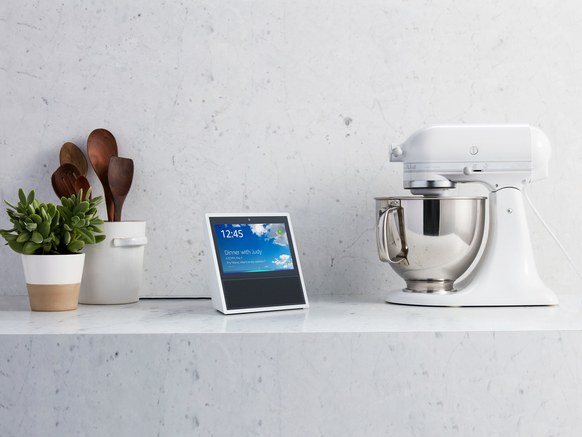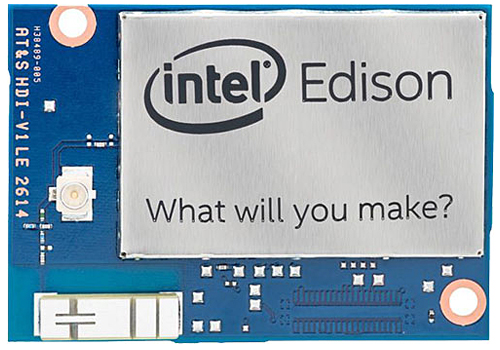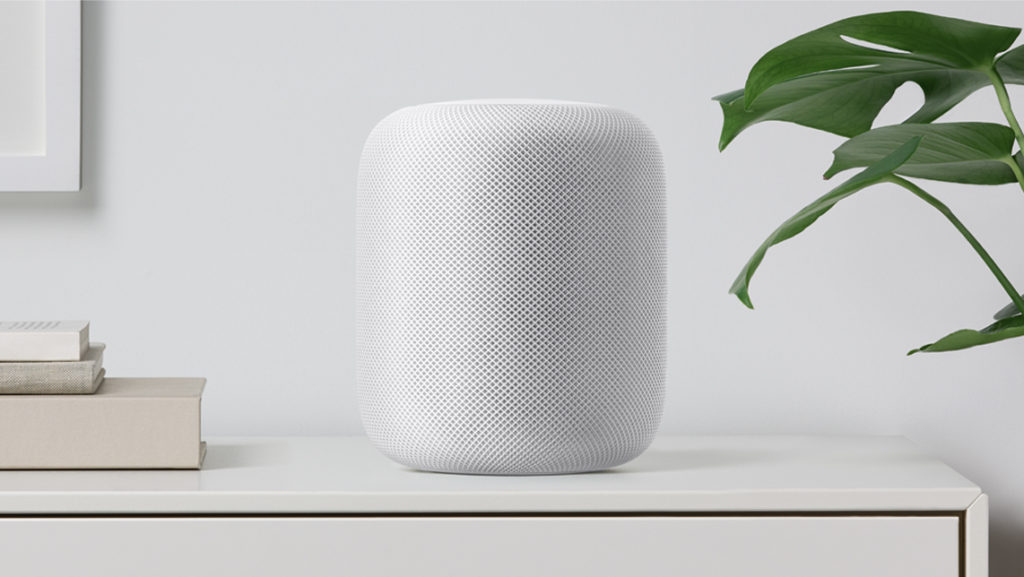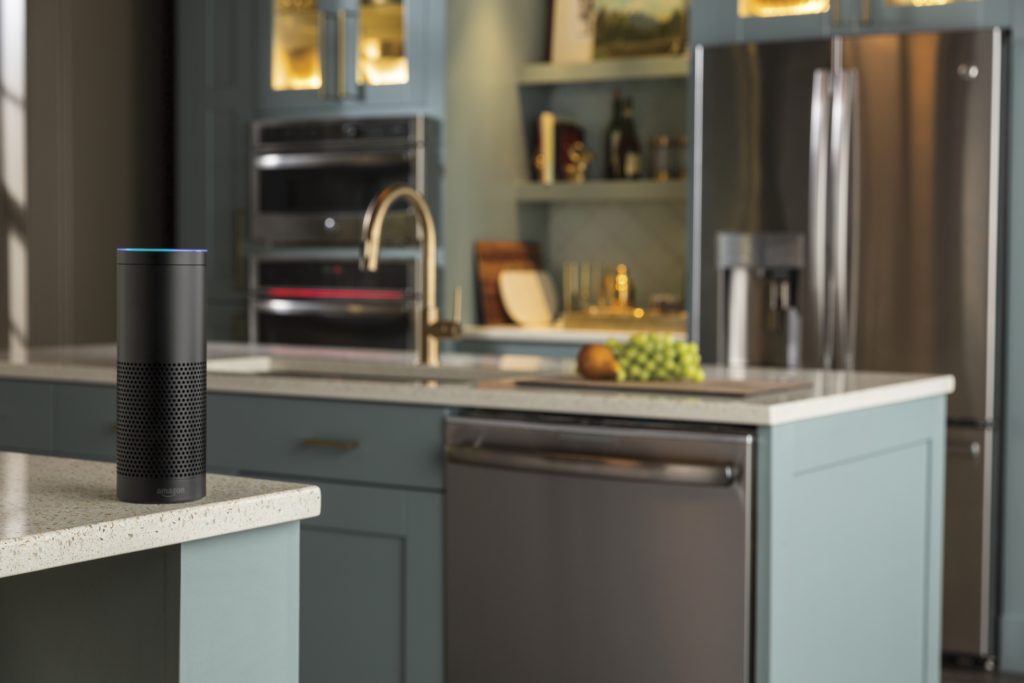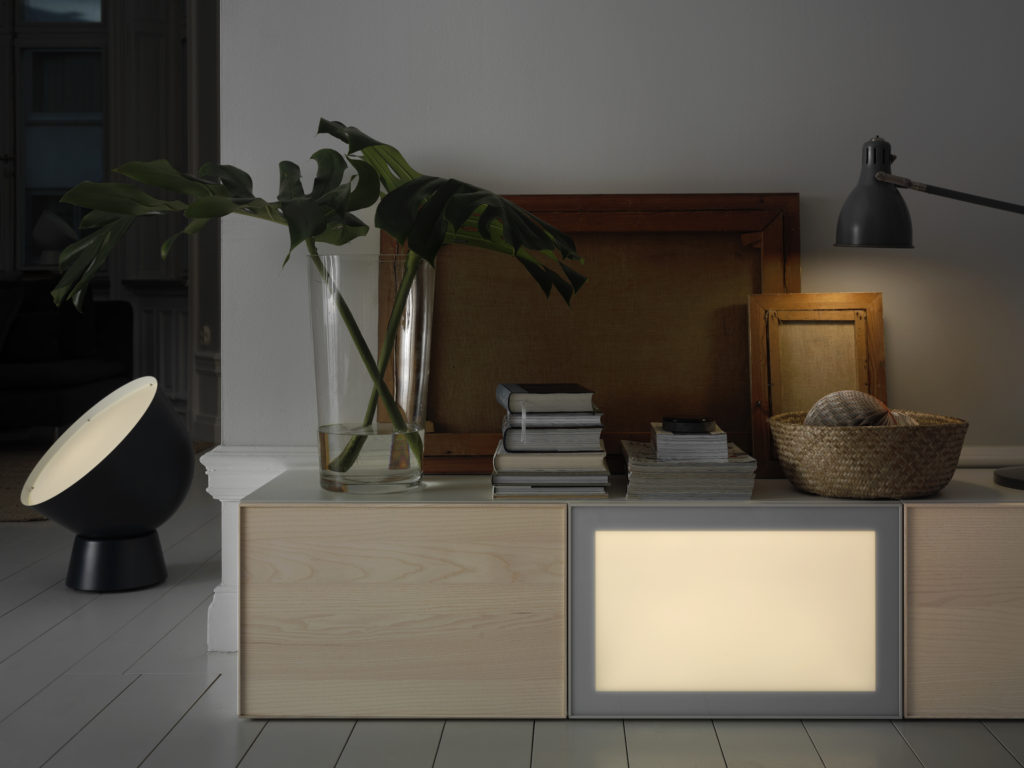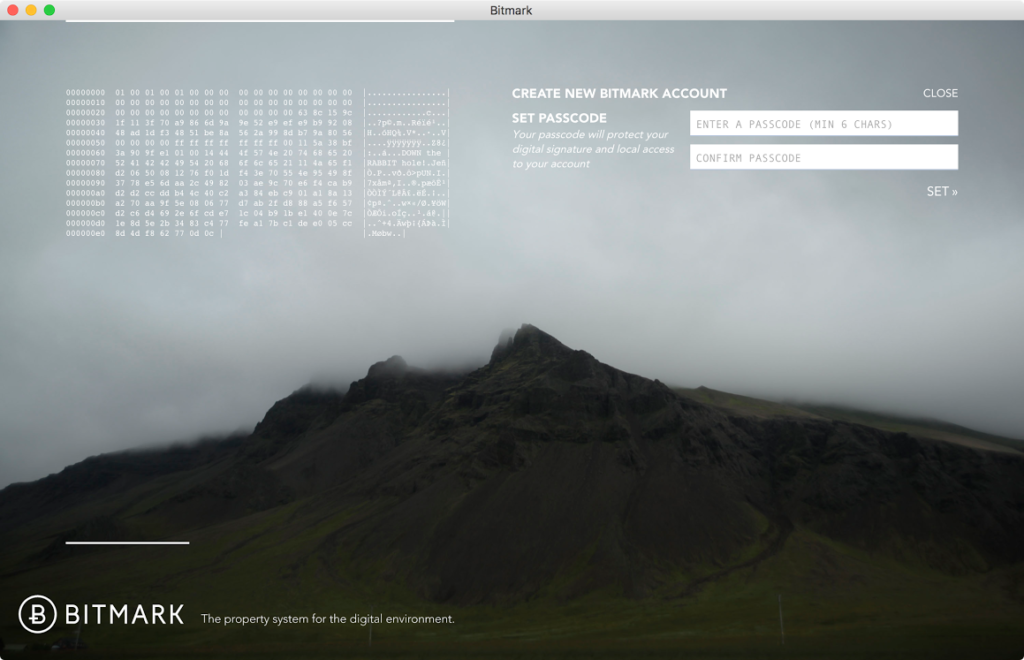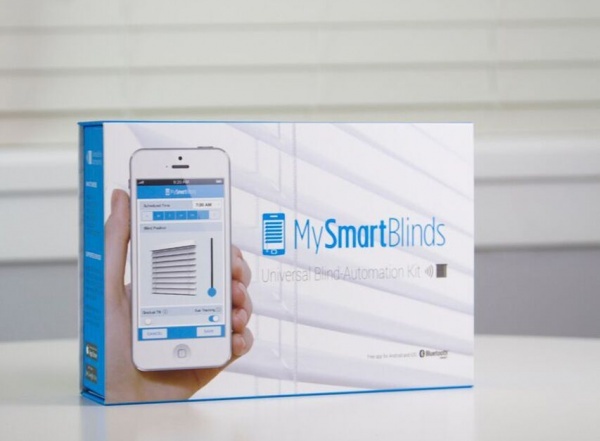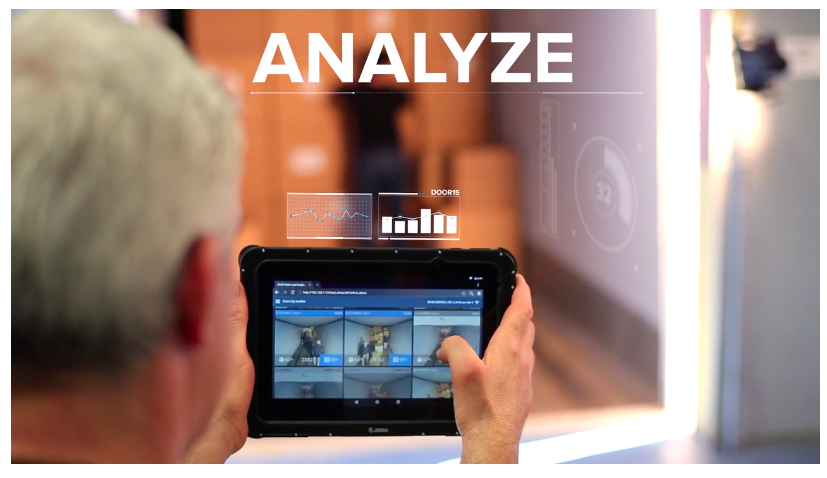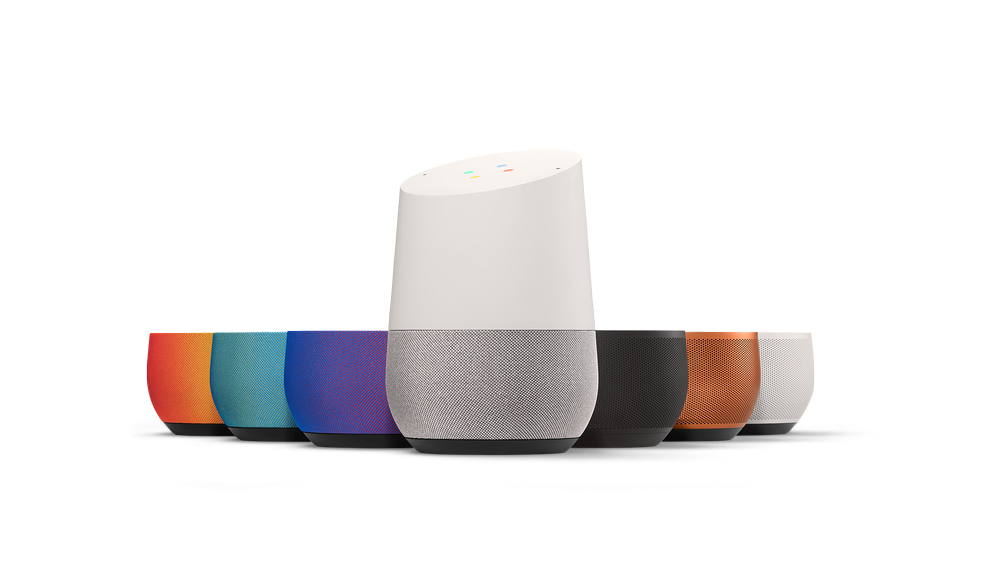Bluetooth mesh is finally here y’all and we dig in deep to the technology in this episode. First off, Kevin and I discuss what this means for other mesh network technologies and some basic specs. Kevin and I then turn to the topic of IoT security vulnerabilities, the return of Google Glass, an Alexa-powered alarm clock and news of an IoT platform funding. We also complain about the lack of data on device security after taking inspiration from an FBI warning for smart toys. A few news bits on different low power wide area networks rounds out the news portion of the show.
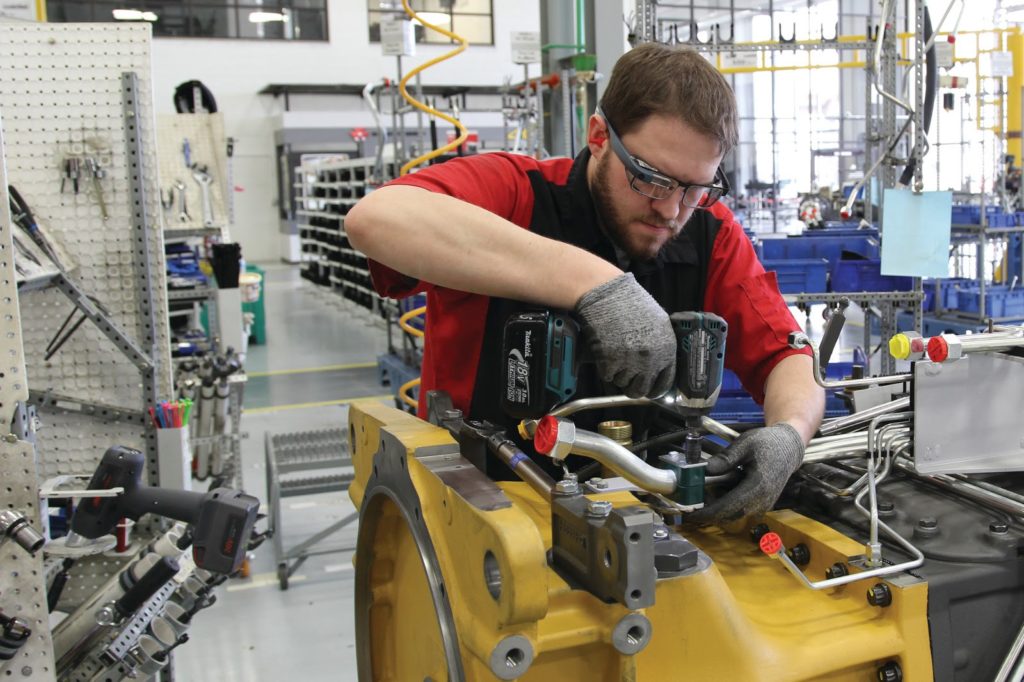
After that we’re back to Bluetooth mesh with Ken Kolderup, the VP of marketing for the Bluetooth SIG. Kolderup dives deep to explain what Bluetooth mesh is for and how the SIG handled Bluetooth’s power constraints. The solution is a managed flood network that requires developers to use different “mesh models” for different devices. It gets really complicated, really quickly. This show has it all: crazy gadgets and nerdy tech. Enjoy.
Hosts: Stacey Higginbotham and Kevin Tofel
Guest: Ken Kolderup, VP of marketing at the Bluetooth SIG
Sponsors: Schlage and Affiliated Monitoring
- What is Bluetooth Mesh?
- Glass is back, y’all
- To secure your kids’ data, accomplish these impossible things
- Sensors and lighting are mesh’s first environments
- Learn all about Bluetooth’s managed flood network
Podcast: Play in new window | Download | Embed
Subscribe: RSS

